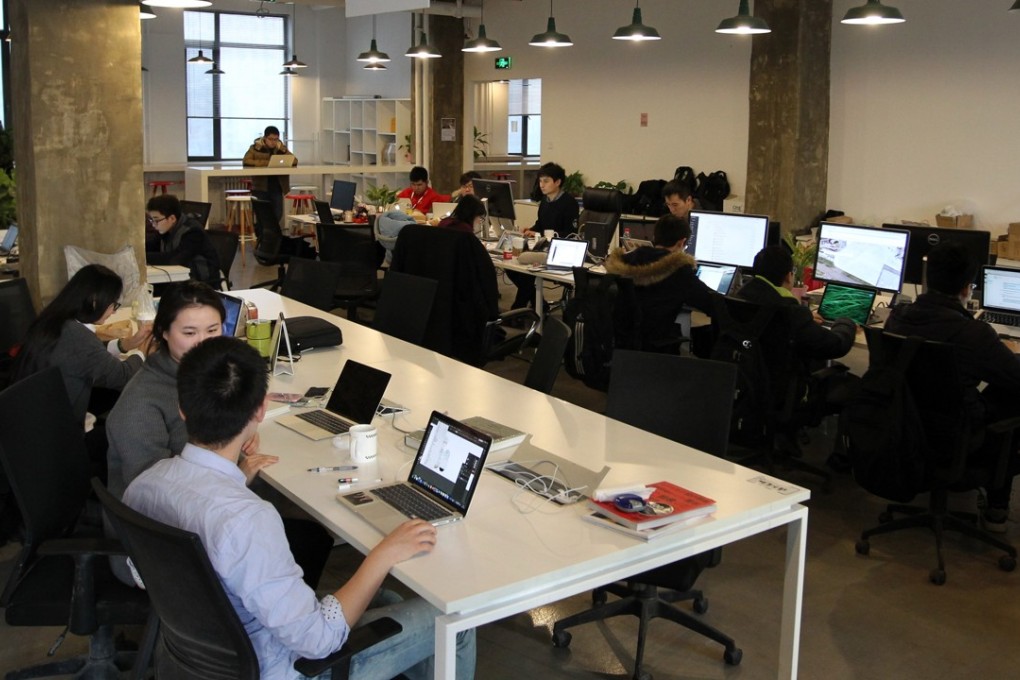Soho China bets big on co-working sector with move into second-tier cities
Commercial property company to establish its 3Q shared office space brand in Hangzhou and Nanjing

Soho China, one of the country’s largest commercial property companies, is taking its co-working space business into second-tier cities, amid fierce competition to take the lead in the burgeoning sector.
Young people in second-tier cities have no major differences from their counterparts in Beijing and Shanghai
It said it has also earmarked several potential sites in Guangzhou, Shenzhen, Wuhan and Changsha, where it is in talks to launch 3Q.
“Second-tier cities in China are fraught with astonishingly high vacancy ratios, in some cases over 50 per cent,” said chairman Pan Shiyi, who had just finished a month-long reconnaissance trip to Wuhan, Hangzhou and Nanjing. “At the same time, we found huge underlying demand for new-generation offices. Young people in second-tier cities have no major differences from their counterparts in Beijing and Shanghai.”

This is a major shift from Soho China’s past strategy of buying and operating offices, as it tries to adopt an “asset-light” business model.
